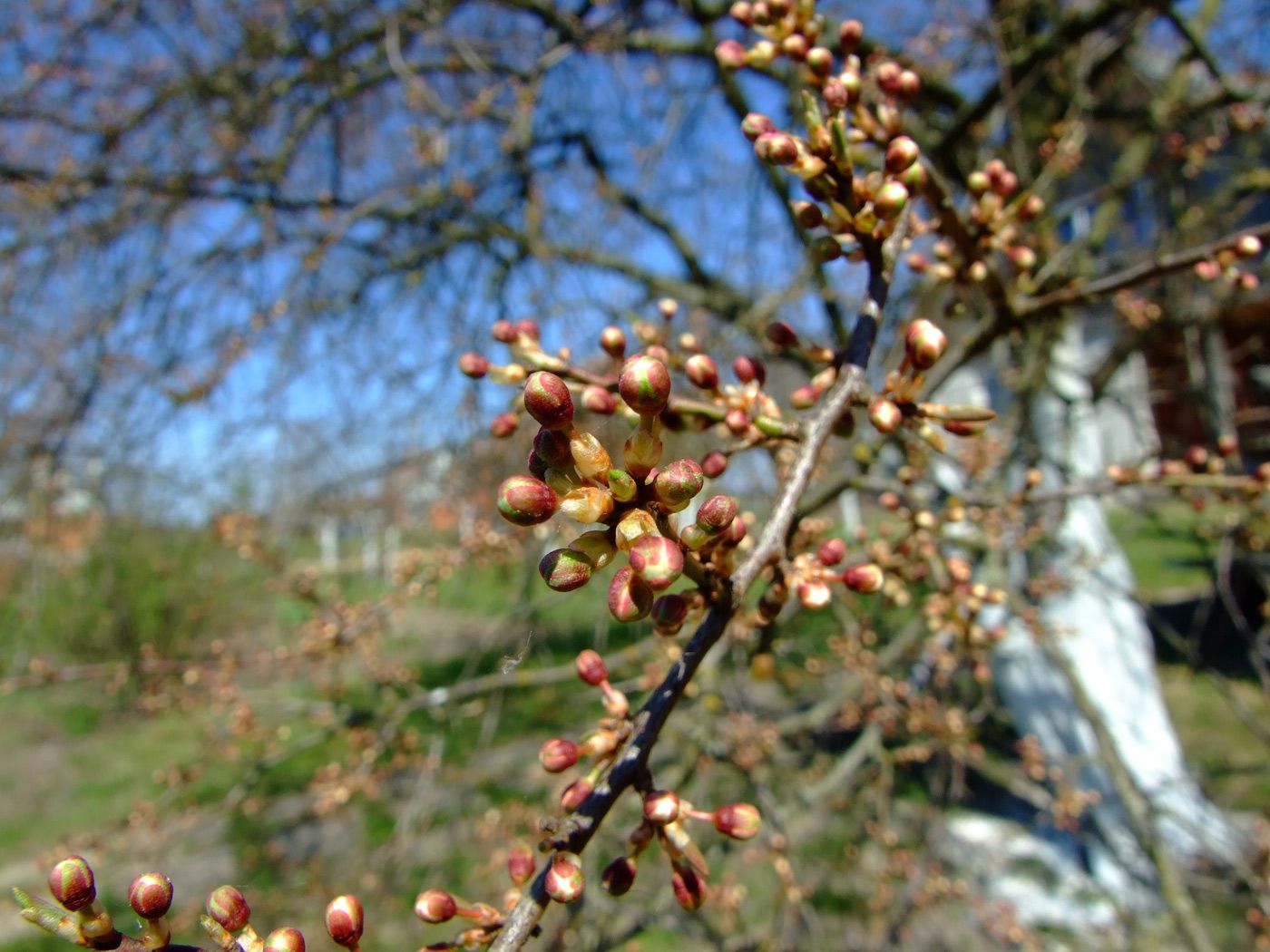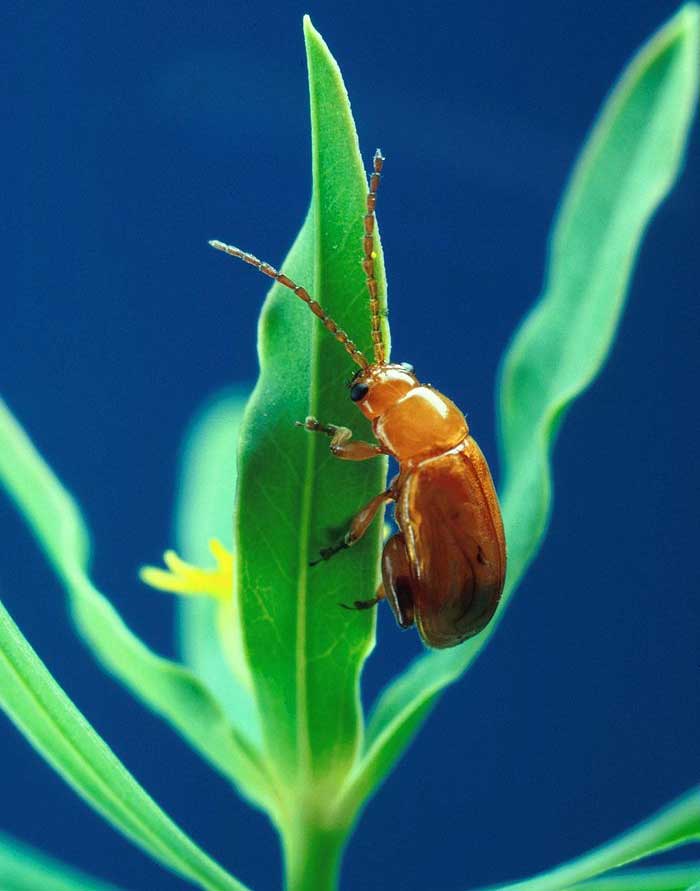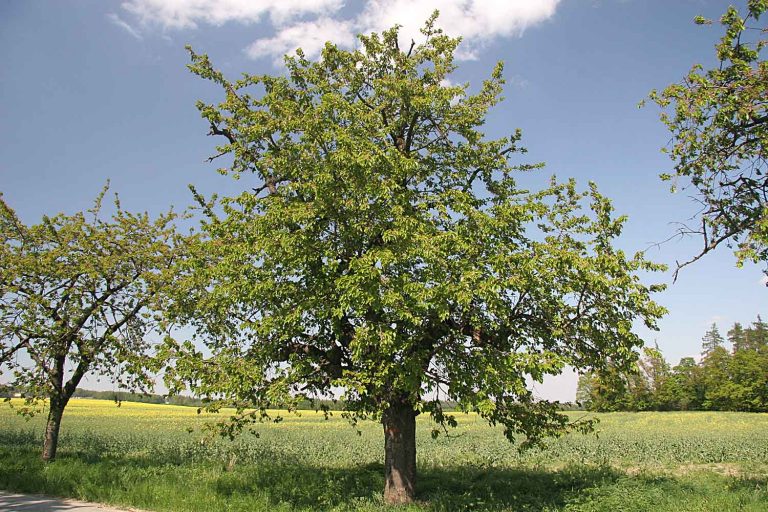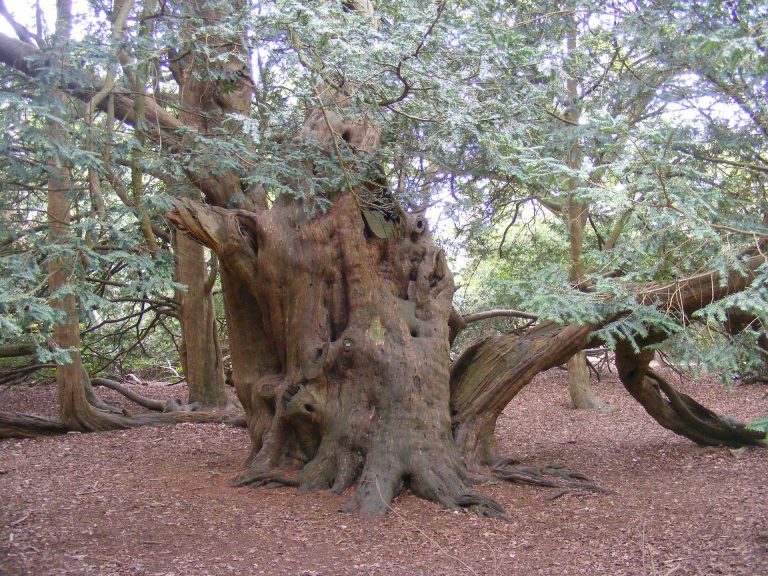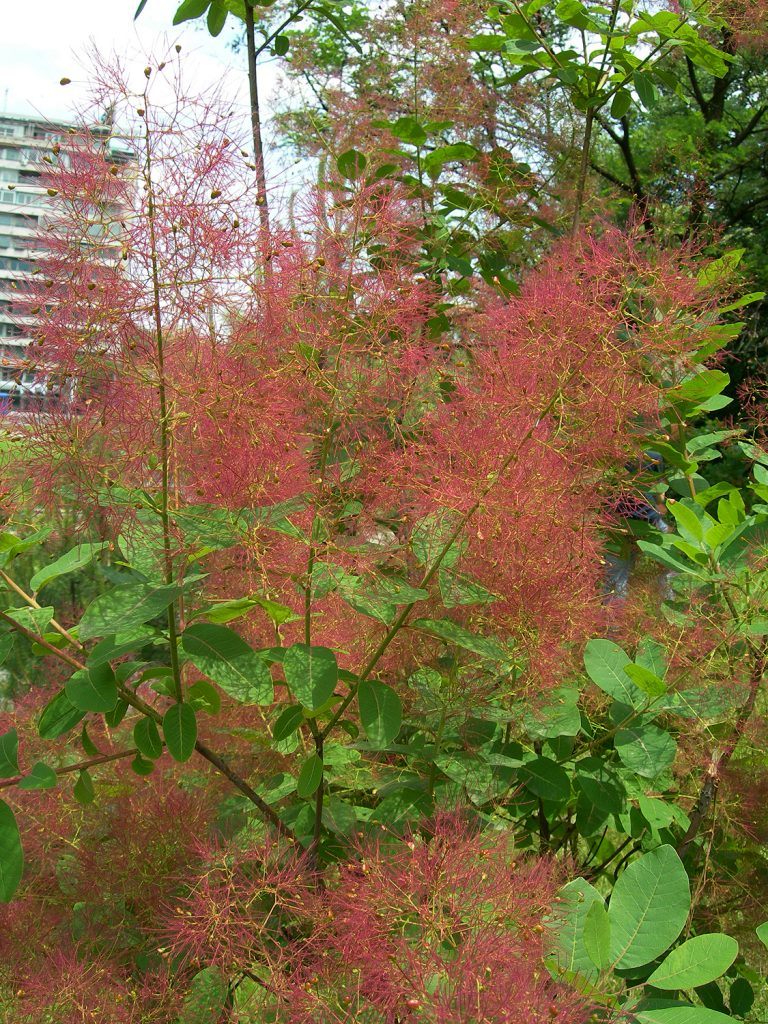Apple Tree
Scientific Classification
| Kingdom: | Plantae |
| (Unranked): | Angiosperms |
| (Unranked): | Eudicots |
| (Unranked): | Rosids |
| Order: | Rosales |
| Family: | Rosaceae |
| Genus: | Malus |
| Species: | M. Domestica |
| Binomial Name: | Malus Domestica |
The botanical name of the apple tree is Malus Domestica. The tree is a delicious tree and has a very delicious fruit to it. They belong to the rose family and their fruits are sweet and pomaceous; the fruit is known as Apple. The apple is cultivated in the whole of the world as a tree that bears fruits. The most widely grown species is the genus, Malus. The origin of tree is from the parts of central Asia. The ancestors of the apples are still found in the regions of Asia and parts of Europe. The Europeans were the ones that brought the apple tree to North America. Apple trees can be grown in two ways. They can be grown from seeds and they can be grown by grafting from the roots. If the apple trees grow from the seeds, the trees tend to grow big and if they are grafted, they are small. There are more than 7500 species of apples around the world. All have different characteristics of their own. The uses of apple are many. They are loved as a fruit and they are used for making jams and pies, and they are used for cider production. The trees of apples are normally grown by grafting, but the wild ones grow wild and large, and they are produced from seeds. The trees of the apple plant are affected by the fungus, the bacteria and by the pests in many ways. The pests of the plants can be controlled. The means of protecting the pests can be organic or non organic, depending upon the need.
Anatomy
The apple tree may vary in size. The cultivating series of the apple trees grows to between 1.8 m and 4.6 m; the wild varieties grow as big as 12 m that is 39 feet. Alternately arranged leaves are set in a way that they look green and they come in simple ovals with serrated margins and are slightly downy under the sides. The buds appear on the branches that contain the leaves. In the spring, the leaf buds open to give way to flowers, and come summer, the apples grow larger and change color. The flowers of the plant are 3 to 4 cm; the color of the flowers is white and they have a pink tinge to them. King bloom is the central flower that forms the large fruit. Then the tree starts its new growth. The apples ripen in the fall and their food supply is restricted, to make them grow sweeter. They are ready for harvest by hand in two weeks. The market usually prefers to have an apple of the size of 8.3 cm.
Habitat
The apples are usually wild and the new type, which we find in the markets are the grafted ones. If we have to know about the ancestors, then we have to know about the wild ones also.
The ancestors of the Malus Domestica are the Malus Sieversii. These were the wild series that were found growing in the areas of Kazakhstan from the central Asia. Later, they were found in Tajikistan, China, and Turkey, especially in the eastern part of the turkey that was the center of diversity of the apple tree. It was in this region that the apples were the first cultivated. The apples, like any other fruit need good care of the environment to stay healthy, to grow well and to have a good quality of fruit. Temperature plays an important role in the habitat of the apple tree. The apples need a cold atmosphere to grow healthy.
Watering
When you plant an apple tree you have to give them a moderate supply of water. This should be done on a weekly basis. What you can do is to set the water in a medium flow. The roots of the apple tree have to be well wet, so that the tree grows strong and healthy. Once the roots are strong and the tree is established, then you can water the plant less frequently. Make sure you water the plant during summer season and drought period.
Humidity and Temperature
Apple trees are hard and deciduous and they grow in any of the climatic conditions. Any temperate zone can favor the apple trees to grow. Apples grow better in cooler areas and especially where the humidity is high. Normally they fruit well in zones that are cool. The apple trees can grow as tall as 32 feet and they grow wide. The apple tree takes 100 to 200 days to harvest the fruit.
Variety
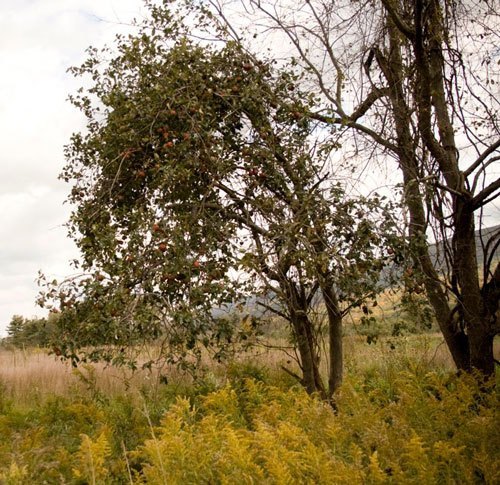
Photo by: Caitlin Regan
The apples are talented trees. They look and flower like an ornamental fruit and they also give us a very delicious fruit. The apple tree comes in many varieties. There are wild varieties, there are grafted varieties and there are semi dwarf and dwarf varieties.
Soil
For a healthy apple tree, the soil has to be the very best and suitable for the tree to grow properly. You can take the soil to a local testing center and test it. The result of the soil test can show you the deficiencies the soil and you can know and mix the soil with correct nutrients and adjust the pH of the soil. A proper correction should be worked for the soil. Dig a hole about 12 to 18 inches depth, and place the plant so that the roots can grow up strong. A well drained soil is essential for the apple tree to grow well. Make sure that the soil is neither too dry nor too wet; there should be a good deal of air circulation. You can place mulch with hay or straws around the stem/trunk so that they would retain water as well as act as manure when they decompose.
Pests
The deer loves apples, so keep them away from the juicy apple fruit. Make a fence and protect your farm from the attack of the deer. Mice and the rabbits are also other pests that attack the fruit. Wire mesh will protect your fruit in the tree from them. Insects can be protected by the sprays. The most dangerous enemy of the apple tree is an apple maggot. The best ways to keep them away from your tree is a hang a ball, paint it red and stick tangle trap on it. You can do this from the month of June till summer. More of light and sun will protect the tree from pests.
Harvest
You must harvest the apples with care and patience. Harvest the apples when the fruit reaches perfection. As soon as the color of the apple is no longer green, make sure you pluck them. The harvest season can vary as harvests differ with the varieties.

Having discovered a fondness for insects while pursuing her degree in Biology, Randi Jones was quite bugged to know that people usually dismissed these little creatures as “creepy-crawlies”.

